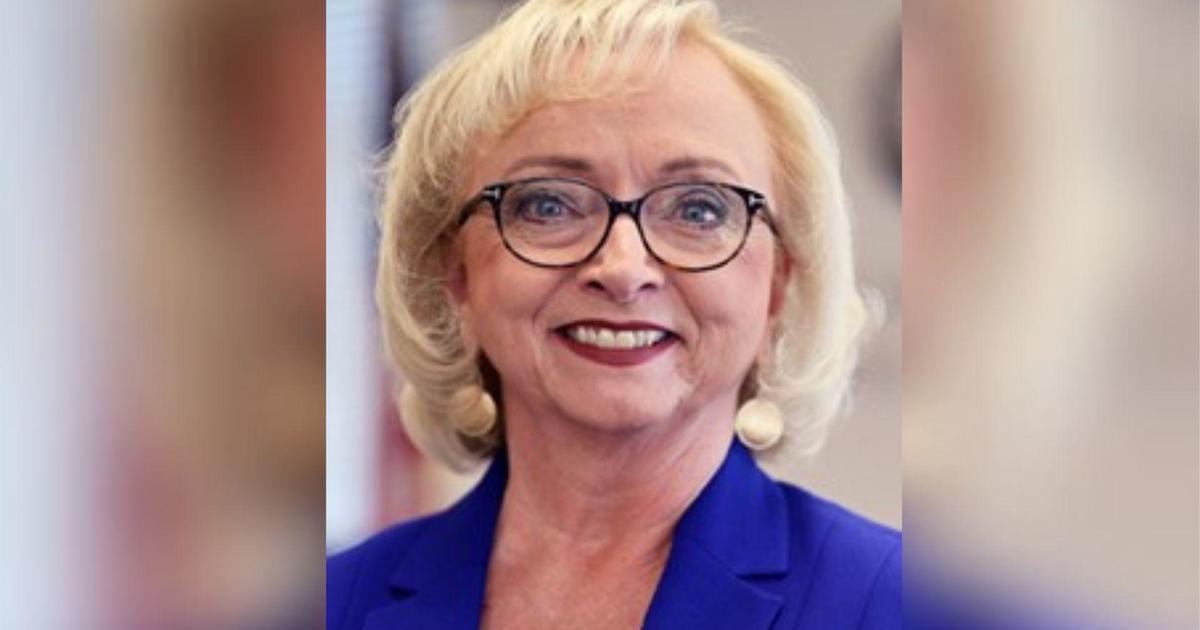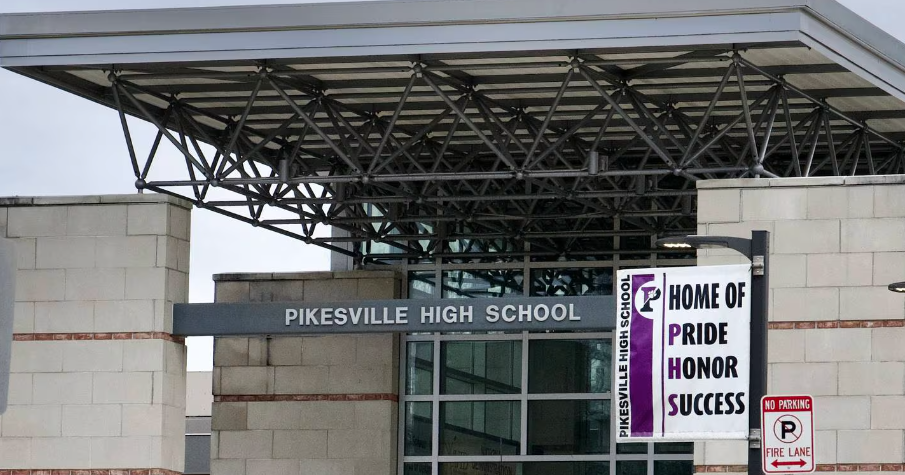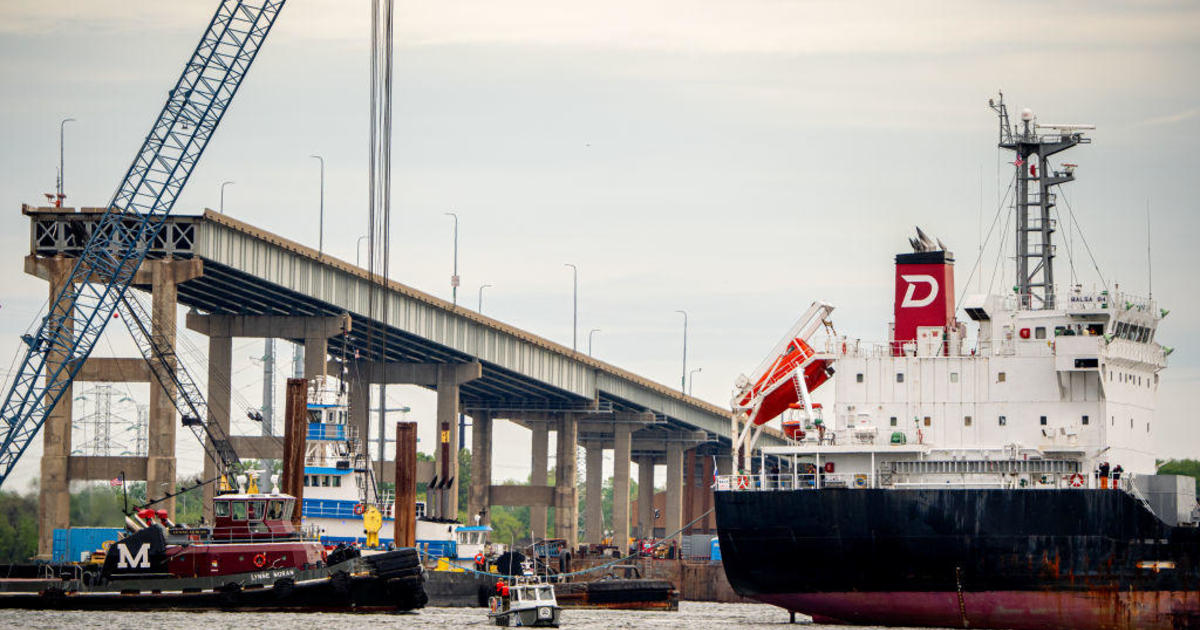Metro Riders Question Bag Screening Policy
WASHINGTON (AP) -- Dozens showed up at a Metro Riders Advisory Council on Monday evening to object to the transit agency's new random bag screening policy.
When the transit agency's police officers conducted screenings at Metro stations on two days last month, no one refused them and so far feedback had been positive, Metro Transit Police Deputy Chief Ron Pavlik told the council.
However, dozens of people and several council members at the meeting complained about officers infringing on their privacy to possible delays for riders who are screened. Others questioned the constitutionality of the screenings and how effective they could be.
"When you weigh this illusion of safety and security against the potential invasion of privacy and the intrusion into our lives it doesn't seem to stand up," Johnny Barnes of the ACLU of the National Capital Area told the council.
In 2005 and 2008, Metro police presented the idea of the random searches to transit system's board of directors, but eventually decided not to go forward with them, Pavlik said. Instead, the department waited and studied how New York, Boston and New Jersey conduct searches and modeled a program after best practices. High visibility sweeps and these bag screenings are seen as deterrents for terrorists and everyday crime, Pavlik said.
"Until things change in the world I think we're going to continue to do this," he said.
Councilwoman Carol Carter Walker said officials are missing information about why the screenings were started.
"I'm truly torn and troubled about how do we balance genuine protection against our civil liberties," she said. "Emotionally I want to come down on the side of civil liberties but have this other issue that I don't know what is going on."
Metro Transit Police Department Chief Michael Taborn has said the inspections are not a response to any particular threat, but an additional tool.
In recent months, however, there have been various threats to the system. One man was accused of casing stations in what he thought was an al-Qaida plot to bomb and kill commuters and another man is charged with threatening on Facebook to detonate pipe bombs in the system.
Metro and Transportation Security Administration officers randomly select bags or packages to test for explosive materials. Items generally won't be opened for inspection unless the equipment suggests a need for a closer look. If hazardous materials are detected, bomb-sniffing dogs are brought in.
Riders who refuse inspection won't be allowed to bring those items into the station. Checkpoints will be located before turnstiles so riders who don't want their property to be searched can choose not to enter.
In 2006, the 2nd U.S. Circuit Court of Appeals upheld the constitutionality of similar searches by police in New York's subway system, saying that preventing a terrorist attack was important enough to subject riders to random searches.
But the law is not settled in the 4th Circuit, which has been suspicious of searches carried out without suspicion, Barnes said. (Copyright 2011 by The Associated Press. All Rights Reserved.)



